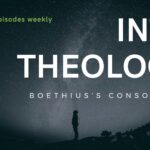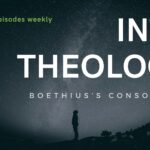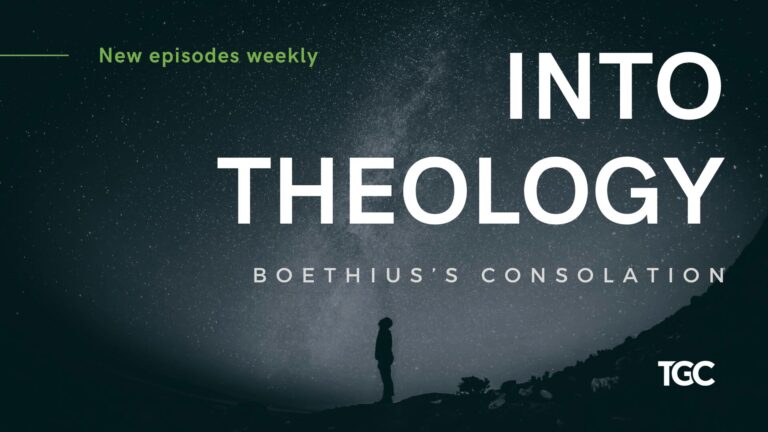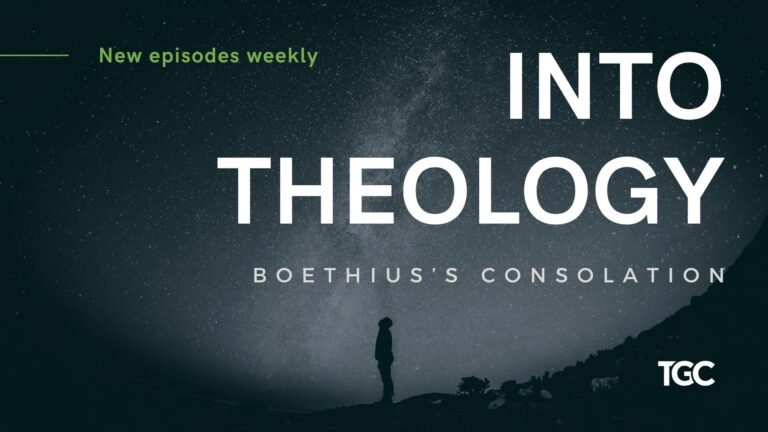Pastors are tired. So are most other people. Anyone in a career that relies on planning for the future probably feels deflated. All the normal patterns of life, whether festivals for leisure or events for work, have fallen by the wayside.
We are tired. Tired of the pandemic. Tired of restrictions. Tired of conflict. Tired of it all. Many now walk through life weary and without hope. We are like the walking dead, having the appearance of life but without the spark of hope that animates us.
Such weariness is a trial that we must undergo. We must because it is here. But it may not be obvious how to overcome it. My argument is that overcoming the malaise of our day does not require direct political or social action. Overcoming fatigue may not even mean our fatigue goes away. Overcoming it may mean doing just what we have been doing but with one key difference.
We live as if the resurrection is true.
Christians often live, by external standards, lives of hardship. The key difference is that Christians can approach such hardship in hope. We are not ultimately broken. Even when we feel broken, Christ guarantees our resurrection.
As an old hymn says, it is not death to die. Death means life for us.
Death is a reign of corruption, that continual breakdown of the flesh and marrow and nerves and all else related to death. The reign of death means that we live in fear of death, in fear of the end (Heb 2:14-15). We fear our nothingness.
Business persons pursue wealth and reputation to gain what they cannot keep. Artists seek to preserve themselves in their art. Families sometimes live through their children and their success. And much more besides.
The resurrection and our hope in the resurrection destroys death and all its deleterious effects. It tells us that we will persist. It tells us we do not need to gain a reputation because we are included into a better reputation. We are in Christ, and “is not ashamed to call [us] brothers” (Heb 2:11).
We are adoptive children into the family of God. We have the rights and privileges of natural born children. Our identity is one guaranteed by our status of adoption.
Paul writes, “The Spirit himself bears witness with our spirit that we are children of God, and if children, then heirs—heirs of God and fellow heirs with Christ, provided we suffer with him in order that we may also be glorified with him” (Rom 8:16–17). He continues, “For I consider that the sufferings of this present time are not worth comparing with the glory that is to be revealed to us” (Rom 8:18).
Here we come to a major artery in the heart of Christian thought. We do not fear death since Christ rose from the dead. But we also do not fear corruption, death, and all its effects because we no longer need to compete for some lasting inheritance here on earth. We have it in Christ—we look to the glory to be revealed to us.
Our tiredness may remain. Our temptation to fear loss might loom. But we agonize through this life with a spark of life, resurrection life. In Christ, our feelings of malaise and darkness exist within a context of a fountain of light, one which continually and forever illuminates our hearts.
The hope of resurrection makes life bearable even when we suffer harm. We are all tired. And we might remain tired for some time. But we are also hopeful because of “the bright morning star” (Rev 22:16).
We hope because of the child born for our sake and “because of the tender mercy of our God, whereby the sunrise shall visit us from on high to give light to those who sit in darkness and in the shadow of death, to guide our feet into the way of peace” (Luke 1:78–79).
We must live as if the resurrection is true while we walk through the shadow of death. That kind of life shines a lamp upon our path, even when the path looks dark and dreary. Our hope, that animating spark in us, allows us live our lives differently than the world does.
Christ rose from the dead. Everything, in the end, will be okay.












